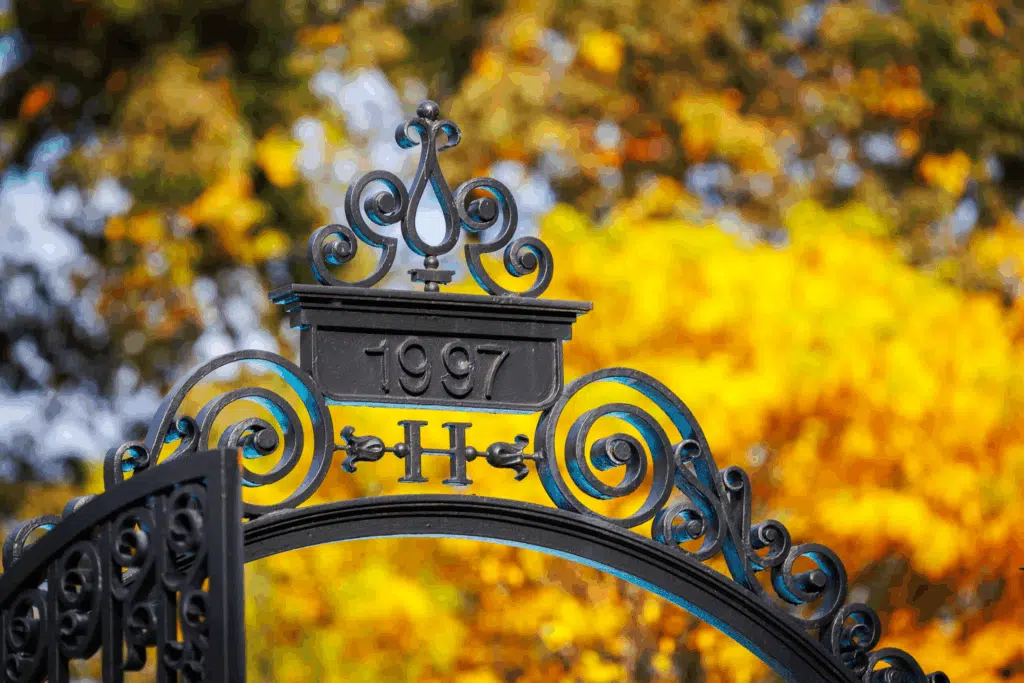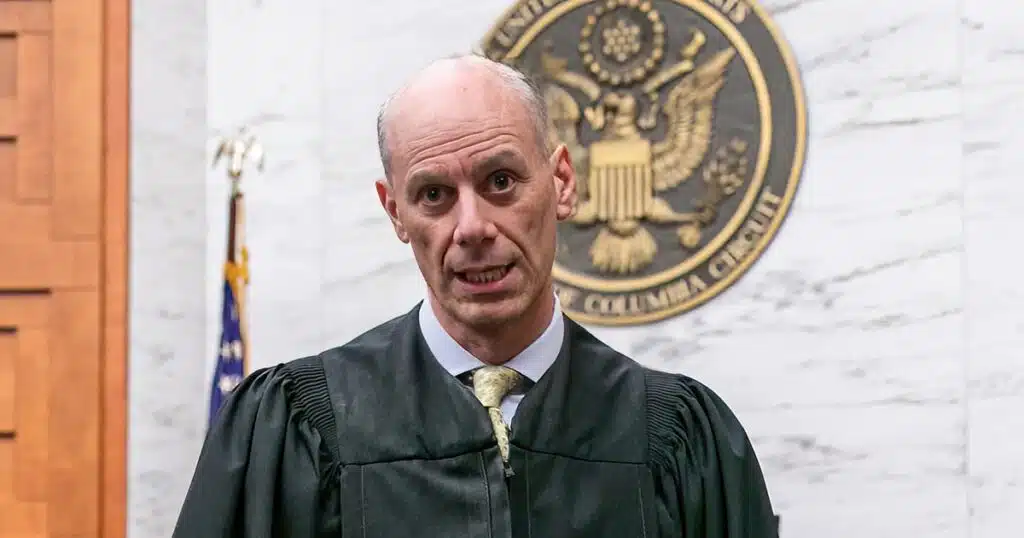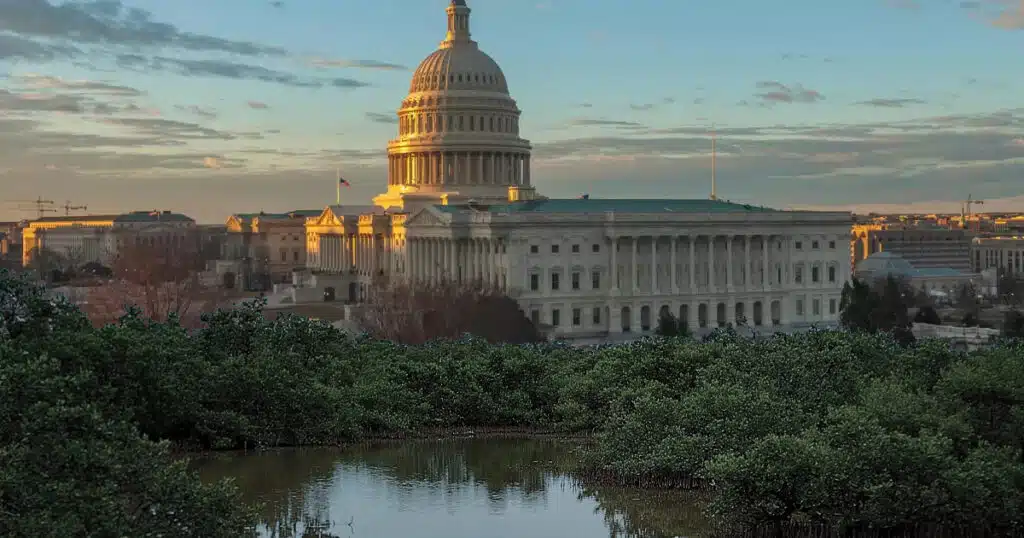
In Addition To Arrogance And Egos, Harvard Is Falsely Inflating Grades
Harvard used to be one of the nation’s elite schools, but those days are long gone. For the last decade, Many universities that were once considered institutions of higher learning have been commandeered by woke administrations that have churned out spoiled brat radicals, wild-eyed with ideologies that are embraced by the far left but not supported by science or common sense.
Besides filling their students’ heads with nonsense and giving them a false sense of self-righteousness, it seems that their egos have also been ballooned by inflating their grades.
Harvard College students are achieving higher grades than ever before, but a recent report from the Office of Undergraduate Education, released on Monday, claims that the College’s grading system is “failing to perform the key functions of grading.”
The 25-page report, shared with both faculty and students, found that over 60 percent of grades awarded to undergraduate students are A’s, in contrast to just a quarter of grades two decades ago. The report concludes that the current grading system is “damaging the academic culture of the College.”
In the report, Amanda Claybaugh, Dean of Undergraduate Education, argued that the increasing percentage of A grades necessitates reforms aimed at “restoring the integrity of our grading system and returning the academic culture of the College to what it was in the recent past.”
A faculty committee is examining the possibility of allowing instructors to award a limited number of A+ grades to undergraduate students in an effort to combat grade inflation, according to a recent report. Currently, the highest grade that undergraduates can receive is an A. Additionally, the committee is considering a proposal to include the median grade for each course on a student’s transcript.
Concerns about high grades at Harvard are not a new issue. Two years ago, Claybaugh presented a report to the Faculty of Arts and Sciences highlighting the significant rise in undergraduate grades. In January, a faculty committee found that students often prioritize commitments outside of their classes over their academic responsibilities.
A recent report was published less than a month after a phenomenon gained national attention, highlighted by a New York Times headline that stated, “Harvard Students Skip Class and Still Get High Grades.”
“Once they get in, many of its students skip class and fail to do the reading, according to the Classroom Social Compact Committee … Rampant grade inflation allows them to coast through anyway.”
President Donald Trump and White House officials have frequently questioned the intelligence of Harvard’s student body.
The report utilized years of data on student grades, course evaluations, and surveys conducted this summer with faculty and student leaders.
In the report, Claybaugh wrote:
“Nearly all faculty expressed serious concern. They perceive there to be a misalignment between the grades awarded and the quality of student work.”
“Our grading is too compressed and too inflated, as nearly all faculty recognize; it is also too inconsistent, as students have observed. More importantly, our grading no longer performs its primary functions and is undermining our academic mission.”
Of course, you can imagine how the students received this report. You can’t tell a group of coddled snowflakes that are used to getting their way that they have been gifted their education.
The Harvard Crimson, the student newspaper at the University, interviewed twenty students about the report.
One student, Sophie Chumburidze, found a unique way to improve her grades. When asked, she told the Crimson:
“The whole entire day, I was crying. I skipped classes on Monday, and I was just sobbing in bed because I felt like I try so hard in my classes, and my grades aren’t even the best. It just felt soul-crushing.”
Sound familiar? Her ego was so badly bruised that it gave her an excuse to do exactly what the NY Times and Claybaugh’s report stated: she skipped class.
Another undergraduate, Kayta Aronson, told the Crimson that Harvard’s report makes her “rethink” her decision to come to the school.”
“I killed myself all throughout high school to try and get into this school. I was looking forward to being fulfilled by my studies now, rather than being killed by them.”
Once upon a time, Harvard was an elite institution that took pride in its rigorous and demanding educational standards. People wanted to attend Harvard because of its high standards. A diploma from there meant something. Hiring a Harvard graduate was almost a guarantee that the company was getting a person who had not only received an excellent education but was disciplined enough to navigate all that came with it.
These students don’t want discipline; in truth, many don’t even care about actually learning. What they want is to enjoy themselves, but this is Harvard. Before DEI, people had to earn a spot. They didn’t go for parties; they went for the education.
For example, Zahra Rohaninejad complained that she:
“can’t reach my maximum level of enjoyment just learning the material because I’m so anxious about the midterm, so anxious about the papers, and because I know it’s so harshly graded.”
“If that standard is raised even more, it’s unrealistic to assume that people will enjoy their classes.”
The workplace is going to be a real eye-opener for these graduates. They have been coasting through school, and yet they think the standards are too high. The administration and faculty have brought this on themselves. There are now “Harvard Graduates” floating around that have a community college education or worse.
For the 2024-2025 academic year, Harvard University’s undergraduate tuition is set at $56,550. The total cost of attendance, which includes tuition, fees, housing, and other expenses, is approximately $82,866. However, this figure represents the “sticker price.” Harvard has a 100% need-based financial aid policy and has recently expanded its program to offer free attendance for students from families with annual incomes of $100,000 or less.
For those who don’t receive the free ride, that’s a steep price to pay for a fake “Inflated” education. Claybaugh may be trying to do the right thing, but a lot of damage has already been done, and there is no guarantee that lasting change will occur.
Harvard is known as one of the “Ivy League” schools. The name refers to the traditional practice of planting ivy on the campuses of historic colleges, a custom that dates back to the 19th century and symbolizes longevity and tradition. The term “League” was introduced by sportswriter Stanley Woodward in 1933 to describe the intercollegiate athletic competitions among these “Ivy Colleges.”
It’s a quaint, very long-standing tradition. I wonder how many current students even give a damn.



